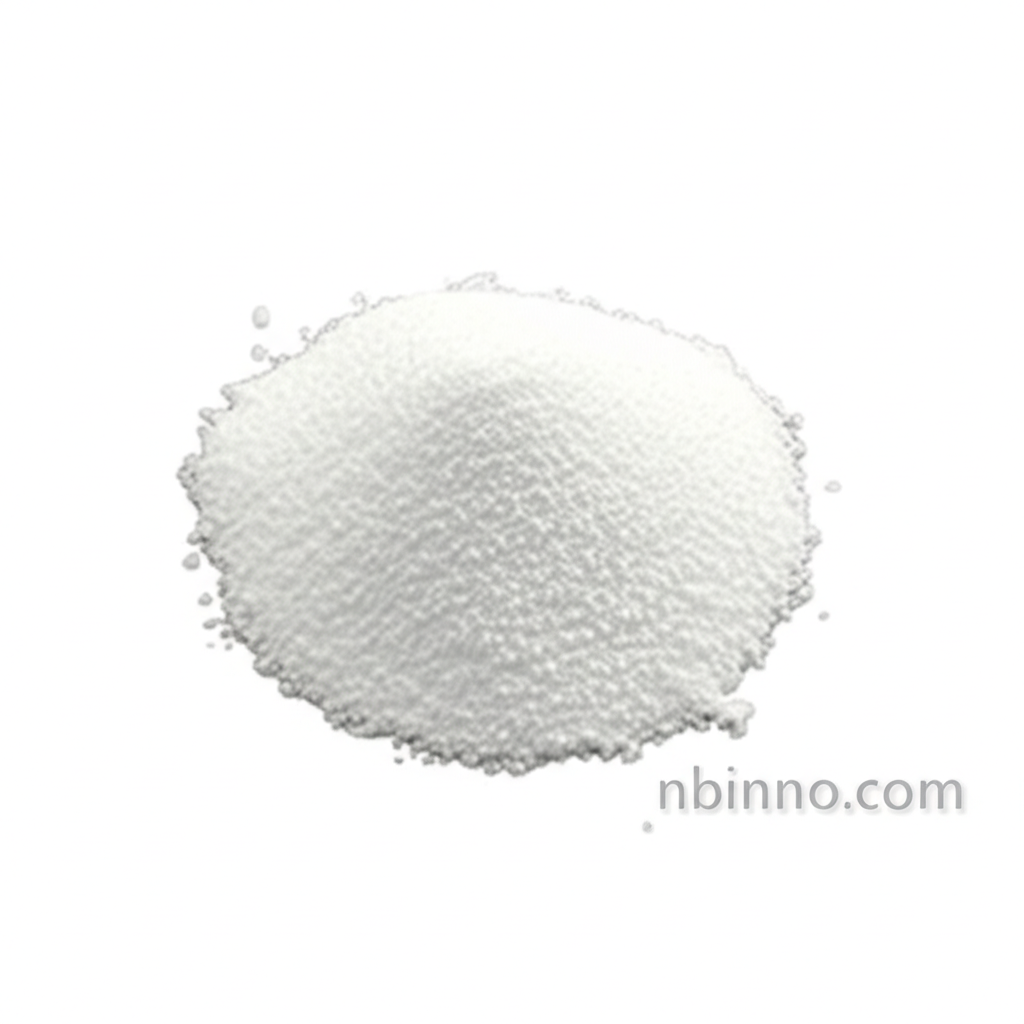Gemcitabine Hydrochloride: A Potent Antineoplastic Agent for Advanced Cancer Treatment
Discover the vital role of Gemcitabine Hydrochloride in modern chemotherapy, targeting advanced cancers with precision.
Get a Quote & SampleProduct Core Value

Gemcitabine Hydrochloride
Gemcitabine Hydrochloride, identified by CAS 122111-03-9, is a cornerstone chemotherapy drug renowned for its efficacy against various advanced cancers. As an antimetabolite, it critically disrupts the DNA replication process, a fundamental requirement for cancer cell proliferation. This mechanism effectively inhibits cancer cell division and ultimately leads to cell death, making it a powerful tool in the fight against diseases like breast, ovarian, lung, and pancreatic cancers. Administered via intravenous infusion, its precise delivery ensures targeted action within the body.
- Understanding the gemcitabine hydrochloride mechanism reveals its precise action in disrupting DNA replication for cancer cell inhibition.
- Patients often inquire about the side effects of gemcitabine, which are managed under strict medical supervision to ensure optimal treatment outcomes.
- The drug is a key component in numerous cancer treatment protocols for advanced stages of various malignancies.
- The precise chemical identity, gemcitabine hydrochloride CAS 122111-03-9, ensures global recognition and traceability in pharmaceutical transactions.
Key Advantages
Targeted Action
Gemcitabine Hydrochloride's ability to interfere with cancer cell DNA replication provides a targeted approach, minimizing damage to healthy cells where possible, a key factor in managing patient outcomes and understanding gemcitabine hydrochloride mechanism.
Broad Efficacy
This potent antineoplastic agent is effective across a spectrum of advanced cancers, including breast, ovarian, lung, and pancreatic cancers, solidifying its place in diverse cancer treatment protocols.
Established Safety Profile
While managing side effects of gemcitabine is crucial, its administration is well-documented and supported by extensive clinical data, enabling healthcare professionals to optimize patient care.
Key Applications
Breast Cancer Treatment
Gemcitabine Hydrochloride is a critical therapeutic option, often used in combination therapies for metastatic or unresectable breast cancer, contributing to improved patient survival rates.
Ovarian Cancer Therapy
In treating advanced or recurrent ovarian cancer, Gemcitabine Hydrochloride, particularly when combined with carboplatin, plays a significant role in managing the disease.
Lung Cancer Management
For advanced or metastatic non-small cell lung cancer, Gemcitabine Hydrochloride, often alongside cisplatin, is a standard of care, addressing complex treatment challenges.
Pancreatic Cancer Intervention
Gemcitabine Hydrochloride serves as a primary treatment for pancreatic cancer, both as a monotherapy and in combination, offering a vital lifeline for patients.
